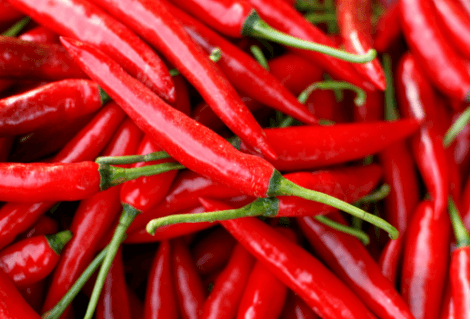Health benefits of Borage
Borage is one of very popular culinary herb, especially in Mediterranean countries. The herb contains many notable phyto-nutrients, minerals, and vitamins that are essential for optimum health and wellness.
The herb parts contain essential fatty acid gamma-linolenic acid (GLA), typically in concentrations of 17-20%. Linolenic acid is omega-6 fatty acid that plays a vital role in restoration of joint health, immunity, and healthy skin and mucus membranes.
Fresh burrage herb has high levels of vitamin C (ascorbic acid); provide 35 mg or 60% of RDA per 100 g. Vitamin C is one of the powerful natural anti-oxidant help remove harmful free radicals from the body. Along with other anti-oxidants, it has immune booster, wound healing and anti-viral effects.
Burrage herb contains very high levels of vitamin A (140% of RDA) and carotenes. Both these compounds are powerful flavonoid anti-oxidants. Together, they act as protective scavengers against oxygen-derived free radicals and reactive oxygen species (ROS) that play a role in aging and various disease processes.
Vitamin A is known to have antioxidant properties and is essential for vision. It is also required for maintaining healthy mucus membranes and skin. Consumption of natural foods rich in vitamin A and carotenes are known to help the human body protect from lung and oral cavity cancers.
The herb has a good amount of minerals like iron (41% of RDA), calcium, potassium, manganese, copper, zinc, and magnesium. Potassium is an important component of cell and body fluids, which helps control heart rate and blood pressure. Manganese is used by the body as a co-factor for the antioxidant enzyme, superoxide dismutase.
Iron is an important co-factor for cytochrome oxidase enzyme in the cellular metabolism. In addition, being a component of hemoglobin inside the red blood cells, it determines the oxygen-carrying capacity of the blood.
Further, the herb is one of the good sources of B-complex vitamins, particularly rich in niacin (vitamin B-3). Niacin helps lower LDL cholesterol levels in the body. In addition, it has riboflavin, thiamin, pyridoxine, and folates in adequate levels. These vitamins function as co-factors in the enzymatic metabolism inside the body.


